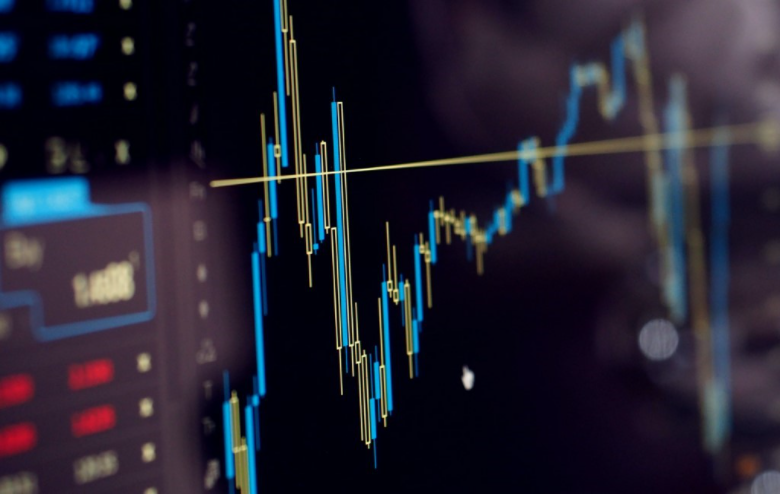The Covid19 pandemic has resulted in widespread economic uncertainty, and this has had a significant impact on financial markets around the world. One market that has been particularly affected is the market for contracts for difference (CFDs). In this article, we’ll take a look at how the pandemic has affected CFD trading and what this means for investors.
Rising unemployment and falling stock markets:
One of the most immediate impacts of the pandemic on CFD trading has been the rising unemployment and falling stock markets. The US unemployment rate rose to 14.7% in April 2020, while the UK rate rose to 3.9%. This has led to a fall in the value of many stocks and shares, and this has had a negative impact on the CFD market.
Reduced liquidity:
Another factor that has contributed to the fall in the CFD market is the reduced liquidity caused by the pandemic. Many banks and other financial institutions have been forced to close their doors, or have restricted their operations, due to Covid19. This has led to a reduction in the amount of capital available to trade CFDs.
Increased volatility:
Finally, the Covid19 pandemic has also resulted in increased market volatility. This is due to the fact that there is a great deal of uncertainty about the future and how the pandemic will ultimately play out. This increased volatility has made it more difficult for traders to make money from CFD trading.
Currency of Forex Market:
The stock market is another leading indicator of currency. The crisis has been characterized by fear-driven ‘risk-off’ trading, which saw demand for the dollar rise as a safe haven owing to its position as the global reserve currency.
Amid the market turmoil, there have been signs of optimism. These were first reflected in stock indices such as the S&P;P 500 and the Dow Jones Industrial Average, which indicated ‘risk-on’ tendencies, when traders sold dollars.
This is proof that what’s driving these indicators isn’t science, but rather emotion. They’re merely indications of the moment. The risks of excessively leveraged corporate debt and market fluctuations are not reflected in present prices.
Uncertain Market Conditions:
As the pandemic continued to spread and investors faced increasing uncertainty about its impact, markets reacted with ever greater volatility. The price of oil plunged as demand for it fell and traders weighed the possibility that Saudi Arabia and Russia, two of the world’s largest oil producers, might face significant economic problems.
The value of gold also increased as investors sought a safe haven for their money. This led to increased demand for gold-backed exchange-traded funds and pushed the price of gold to a seven-year high.
CFD traders may profit by predicting the price movement of an underlying asset and trading accordingly. However, uncertainty in today’s markets as a result of warfare and anticipated interest rate hikes makes predicting the market a difficult task.
So, how has the Covid19 pandemic affected CFD trading? In short, it has had a negative impact on the market due to the rise in unemployment and stock market falls, reduced liquidity, and increased volatility. This is likely to continue in the near future as the pandemic

